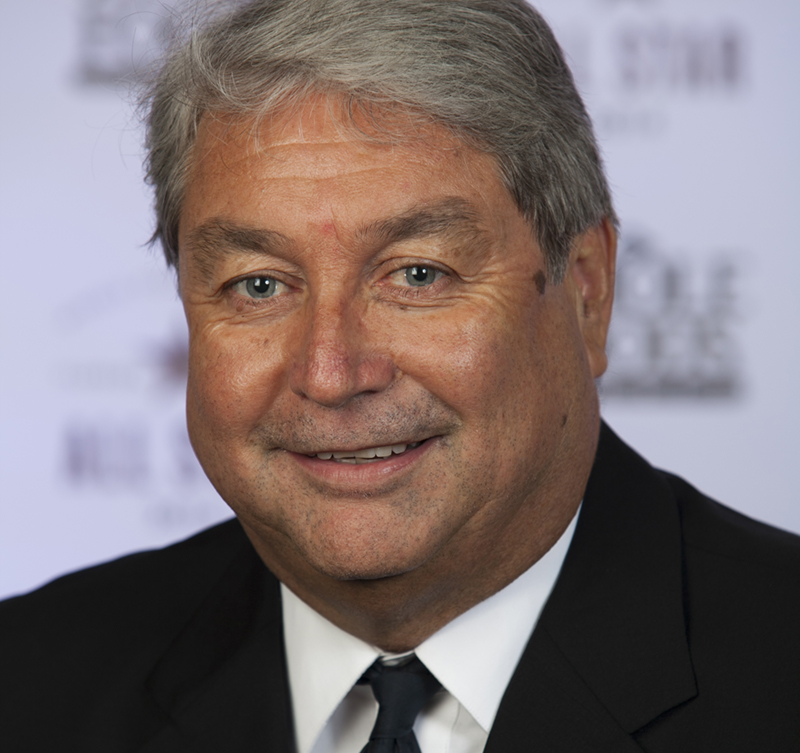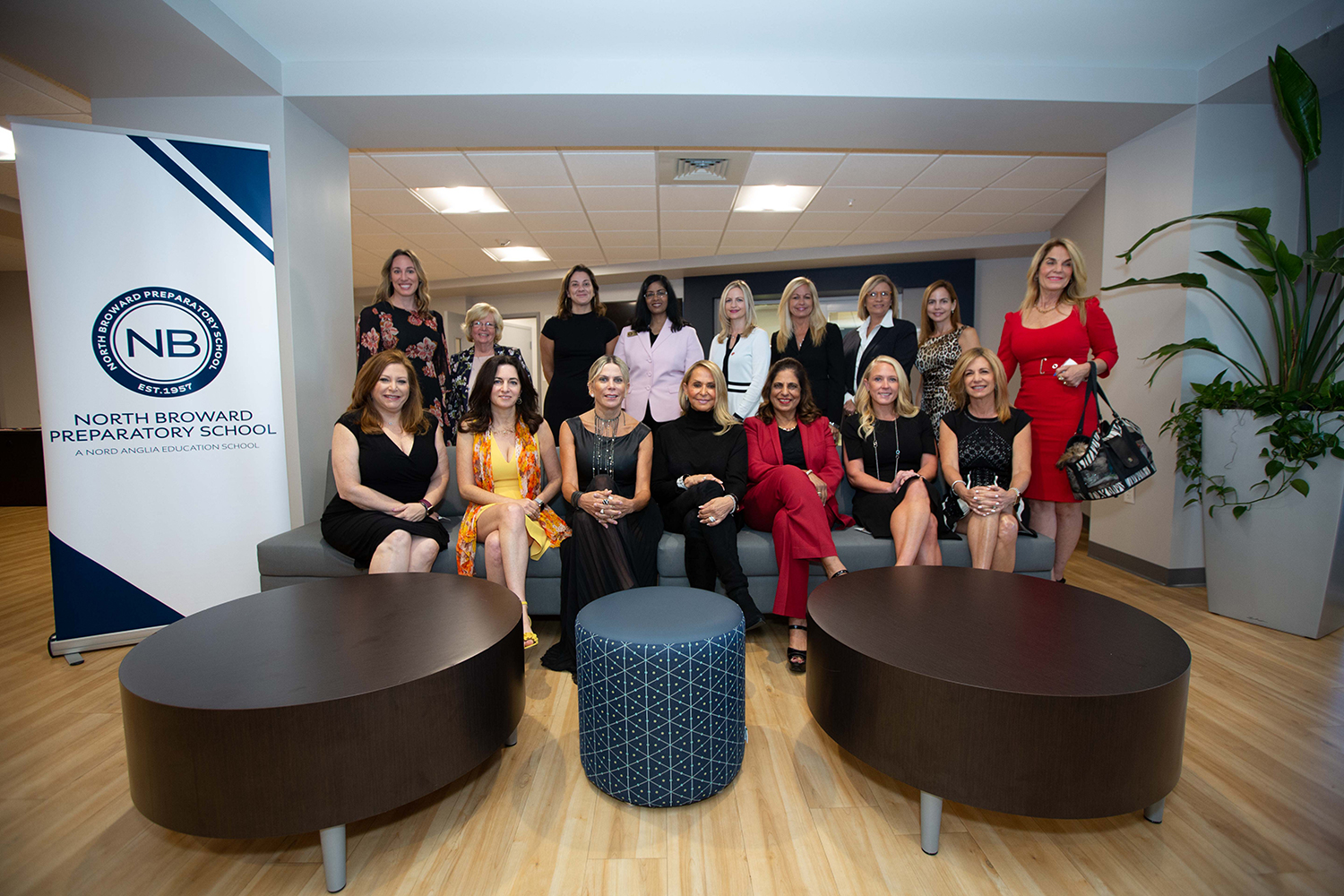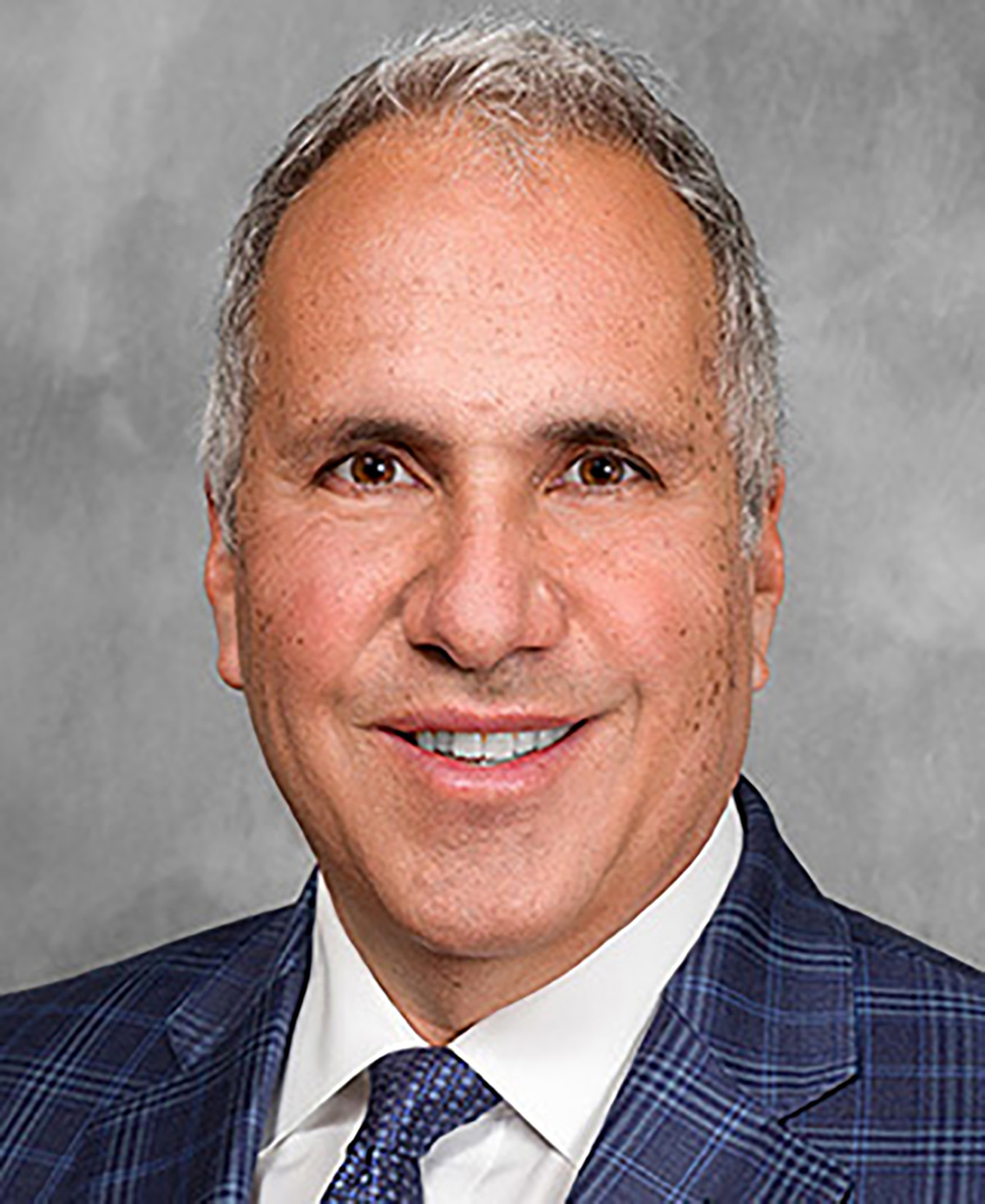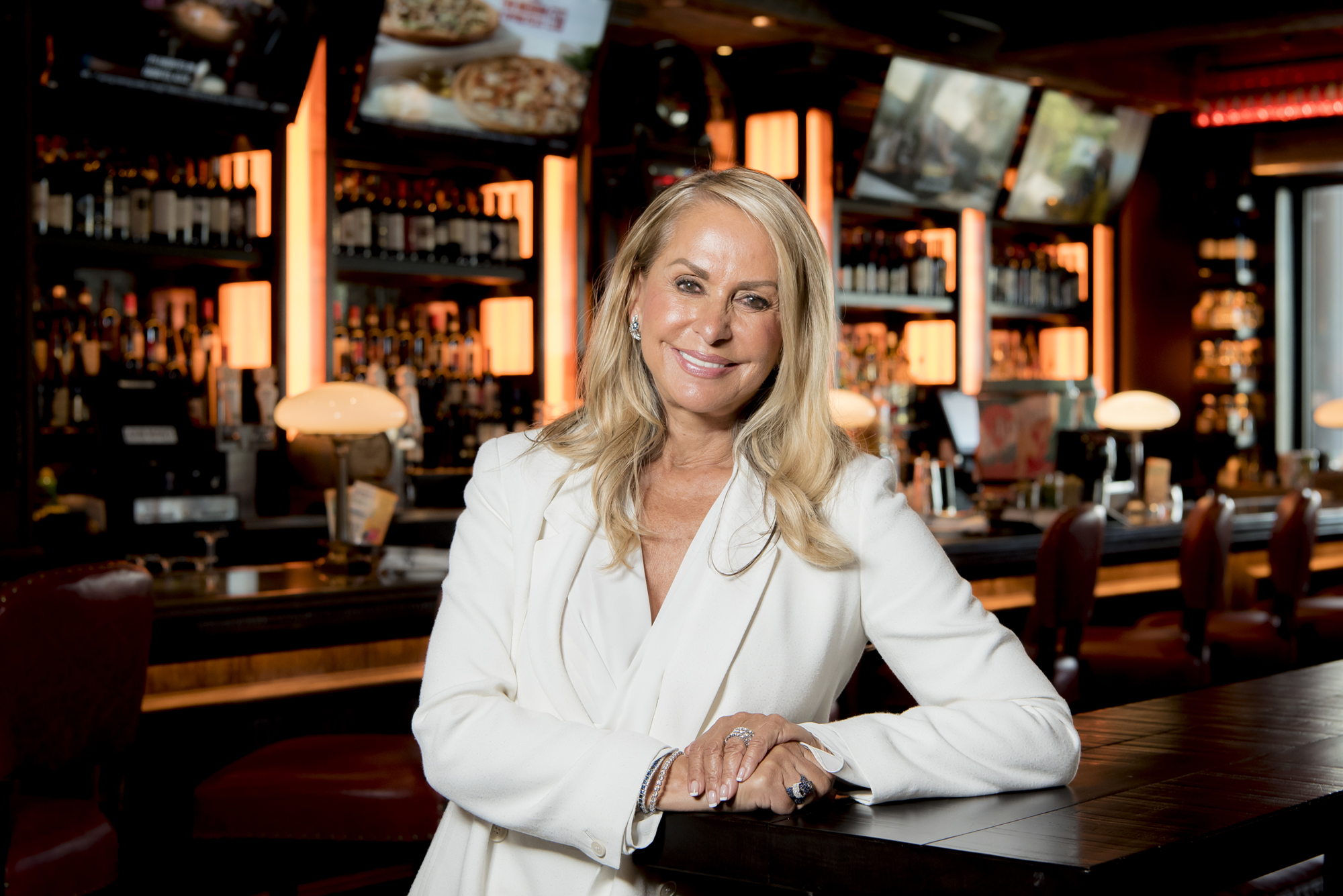Hiring can be a day at the beach, but why employees leave is a different story
By Andrea Richard
Making new hires on South Beach, but losing some workers later to Silicon Valley, is just part of the reality of doing business in South Florida, say a group of local business executives.
The C-suite panelists gathered Feb. 8 at the Coral Gables Country Club for the South Florida Executive Roundtable, an invitation-only luncheon. SFBW was the media sponsor. The moderator was Serge Elkiner, CEO of YellowPepper, a mobile payment company that focuses on Latin America.
The panelists:
• Roberto Estrada, CEO of HolaDoctor, a digital Spanish-language network in health care and wellness.
• Juan Nuñez, president of the Florida region for Whole Foods Market, an organic and natural foods supermarket chain.
• Juan Molina, vice president for strategy of the leadership team for CareCloud, a cloud-based platform for health care.
• Richard Outram, chief financial officer for Cross Country Home Services, a provider of connected home service and maintenance product lines.
Here’s what they had to share with readers.
How does your company look at,
and define, innovation?
Molina: We like to say that we were born on the cloud. Starting a company nowadays is very different than starting one decades ago—from a pure technical perspective. When you started a company in the ’80s and ’90s, you were not thinking about tech, so the way we look at innovation is unique.
At CareCloud, we are always thinking about design and usability, making the system easy to use. We always think about where the market is going. I have to operate with a split brain, where I’m making sure we are driving deals, revenues and opportunity. And I’m also thinking about where the market is going three years from now, five years from now. How do we take what we have and incubate that idea? We either drive innovation or build new capabilities that nobody has thought of yet.
Nuñez: At Whole Foods, we define innovation as introducing something new, so it could be a product, an idea, a platform. One of the top innovations at our company is the innovation summit. This was born on the idea that we all can contribute. We have 5,000 team members here in Florida. We’ll talk to team leaders, marketing folks and see what they want in the community, and we tie that into the new store. We consider ourselves innovators and everyone else imitators. Our strategy is that every store has original design.



Besides talking about pure innovation, being a leader in innovation and trying to innovate, before others can copy, how do and your organization include innovation in your process?
Estrada: Failure is a very important part of the learning process. By having meetings and detailed discussions after the fact when we launch a product, we look at what went right and what went wrong. We have a robust development plan, and we encourage our employees to come up with ideas. Simply, we try to solve a problem that no one is working on or has figured out. We love looking at a small market and see how we can get a lead share. For example, Mexico is going through an obesity epidemic. And the employers are very concerned about getting their people healthier. We came up with an application to find nutritionists near their employees’ homes, so they could consult with this person. It was very simple, but it opened up a lot of business opportunities for us.
That brings us to culture. How do you include culture or go through the process of change management?
Molina: I think it has to start at the top. And I think you must be incredibly transparent at your organization. Tell your employees your long-term and short-term strategies, where you are and where you want to go. And what that does, it spurs innovation. We hosted a hackathon, partnered with local Miami coding schools Wyncode [Academy] and Ironhack, as an example. We created teams with subject matter experts, project managers and developers. They pitched in front of the engineers and we got a platform of real-life capabilities that we could employ for our customers.
How do you hire in South Florida?
Any hiring issues?
Estrada: With talent, we’ve got two sides of our business—the editorial part and content development. For that, South Florida has been great, and for customer service. In terms of the technical side of that, mobile apps, there we have a challenge. We haven’t found a large talent pool for front-end [and] back-end developers. We do a lot of remote hiring, so we have a lot of people working in different places.
Nuñez: For entry level, we have panel interviews of up to 12 to 17 people, so one person doesn’t make the decision. What we look for in the candidate is that they have an interest in organic food and well-being. We like to promote from within. We like to train. Once you’re with us for a while, you can advance quickly.
Molina: I think it depends on the company you have. CareCloud is a health care IT company. There’s a clear demarcation. South Florida hasn’t been great with deep technology jobs. Folks from engineers to product managers, it’s a challenge. I think what would fix it is more companies showing their success over and over in this community. That will start attracting talent for what we need. Universities are doing an excellent jobs. There are still some gaps on tech.
Outram: We are a midsize company going through a lot of changes. I think our biggest issue is middle management. It is really a challenge to find middle managers who are adept with change, not just in South Florida but generally. Another area that’s a challenge is finding people who can mine data. Actuaries. It’s a good challenge, when you are growing 20 percent plus.
Molina: I would say great ideas are not geographically bound.
On the client end, has being in South Florida been a hindrance or helped
your business?
Molina: Miami, to me, has not been a hindrance. We tend to recruit people in the Northeast during the winter time and take them out to SoBe. We use our destination to close deals.
Elkiner: The biggest thing, when we look back at Google and Facebook, is that we are losing people to these companies. So, we attract people here from [Latin America] or from other places. Over the last three years, we’ve lost half of our team to the Valley. It is impossible to compete with them. We are talking about an average of 2.7 times than we were paying them. We only lost one guy to J.C. Penney. He just bought a house in Miami, and they literally had to buy his house from him to get him to move to Dallas. That is the length they went through to get him to work for their company, so that was pretty interesting. ↵








